There’s a close relationship between the temporomandibular joint (TMJ) and the ear. The ear canal is located close to the TMJ. The two are connected by a network of nerves and blood vessels. When the temporomandibular joint is inflamed or damaged, it can put pressure on the surrounding nerves and blood vessels, causing a range of ear symptoms.
Ear Symptoms Associated With TMJ Disorder
Some of the most common ear symptoms caused by a TMJ disorder include:
- Tinnitus (ringing or buzzing in the ears)
- Ear pain or fullness
- Hearing loss or a sensation of muffled hearing
- Vertigo or dizziness
- Ear infections or recurrent ear infections
How Do I Know if My Ear Pain is Caused by TMD?
It can be hard to determine if ear pain is related to TMJ disorder, as the symptoms can be similar to those of other conditions. However, some signs can help you determine if your ear pain is related to a TMJ disorder:
- Jaw pain or stiffness
- Clicking or popping noises when you open your mouth
- Difficulty opening your mouth
- Ringing or fullness in your ear
- Ear pain
If you’re experiencing any of the symptoms mentioned above, it’s critical to see your doctor or dentist for an evaluation. They can help determine if your ear pain is related to TMJ disorder and recommend appropriate treatment options.
How to Diagnose TMJ Disorder and Ear Problems
Diagnosing TMJ disorders and ear problems can be challenging because many symptoms can be similar to other conditions. However, your doctor may perform a physical examination, take X-rays or other imaging tests, and ask about your medical history and symptoms to make a diagnosis. If you experience jaw pain along with ear issues, it’s likely caused by TMD.
Schedule an appointment with our Staten Island dentists today.
Treatment Strategies for Managing Ear Problems Caused by TMD
Several treatment strategies can help manage ear problems caused by TMJ disorder. These treatments may be used alone or in combination to provide the best results.
Your dentist or doctor may recommend any of the following treatment options:
- Practice Good Posture: Poor posture can contribute to TMJ disorder symptoms by placing extra pressure on the jaw joint. Make a conscious effort to sit up straight and avoid slouching.
- Avoid Hard, Chewy, or Sticky foods: These types of foods can aggravate TMJ disorder symptoms by requiring excessive jaw movement. Stick to soft foods that are easy to chew.
- Use Heat or Cold Therapy: Applying a warm compress or ice pack to the affected area can help relieve pain and reduce inflammation.
- Practice Relaxation Techniques: Stress can exacerbate TMJ disorder symptoms, so it’s important to find ways to relax and reduce tension. Consider practicing yoga, meditation, or deep breathing exercises.
- Massage the Jaw Muscles: Gently massaging the muscles around the jaw joint can help relieve tension and improve circulation.
Always work with your doctor to determine the best treatment plan for your specific needs. By managing your TMJ disorder and associated ear problems, you can improve your quality of life and reduce discomfort.
Frequently Asked Questions
When should I see a doctor for ear pain?
If you’re experiencing persistent ear pain or other symptoms such as fever, hearing loss, or discharge from the ear, you should see a doctor as soon as possible. These symptoms may be a sign of a more serious underlying condition.
Does TMJ ear pain go away?
TMJ ear pain may go away on its own, but it can also persist or worsen over time. It’s crucial to see a healthcare provider so they can determine the underlying cause of your symptoms and rule out other conditions. If the ear pain is caused by TMD, it could indicate further health complications.
How should I sleep with ear pain with TMJ?
Sleeping on your back with a pillow to support your head and neck can help reduce pressure on the jaw joint and alleviate TMJ ear pain. You may also try sleeping with a mouth guard or an oral appliance to help reduce teeth grinding and clenching. Visit your dentist to receive a customized mouthguard for teeth grinding.
What does ear pain from TMJ feel like?
TMJ ear pain can feel like a dull ache or a sharp, stabbing pain. It may also be accompanied by a sensation of fullness in the ear or ringing or buzzing sounds (tinnitus). TMJ ear pain may be felt on one or both sides of the face and may worsen with jaw movement or chewing.
Find Relief From Ear Pain Caused by TMJ Disorders
If you’re experiencing ear pain or other symptoms of TMJ disorder, it may be necessary to see a healthcare provider for an accurate diagnosis and appropriate treatment. With proper management, many people with TMJ disorder can find relief from their symptoms and improve their quality of life.
Call our Staten Island dental office today to schedule a consultation with our dentists.

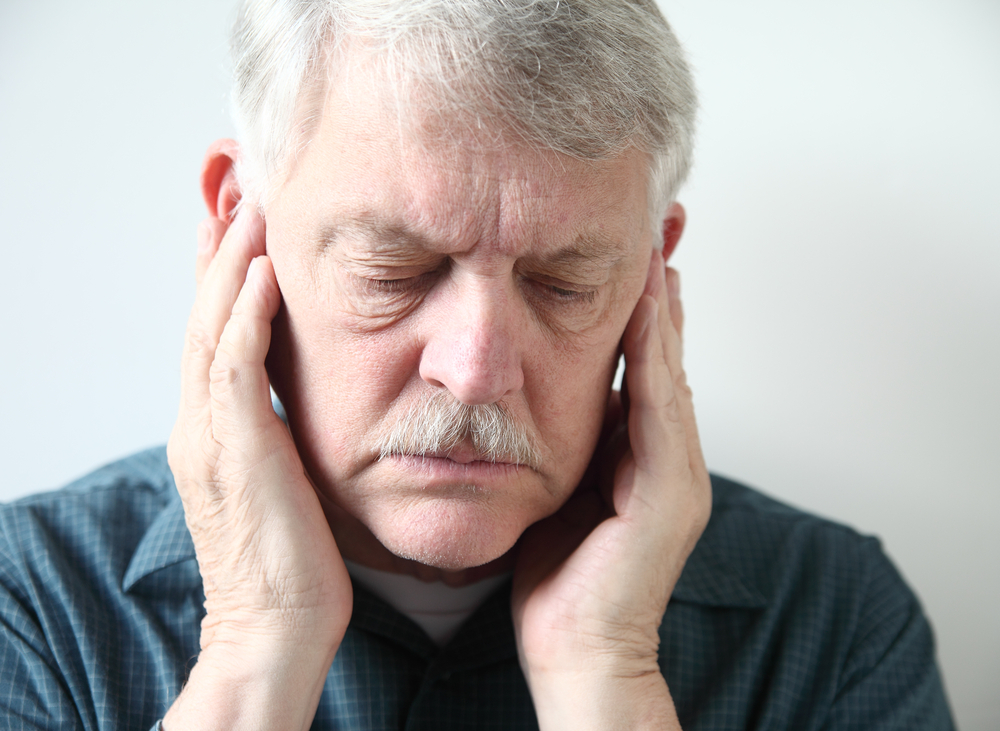

Insurance
We accept many insurances. Please contact one of our Insurance Coordinators to discuss your dental coverage plan.
(718) 948 5111
appointments@sidental.com
Open 7 days a week
Reviews
The dentists are absolutely excellent…
“I have been going here for years. The dentists are absolutely excellent and they always have an appointment available that fits into a busy schedule. I also completed invisilgn and my teeth are perfectly straight now. They also practice preventive medicine and just went in for my 6 month cleaning. Every time feel like I have a new set of choppers and best yet the check up noted no cavities!.”
— J.R
Pleasant visit
“As usual, it was a pleasant visit thanks to Dr. Nasso and her great staff..”
— C.M.
Always treated with courtesy and respect.
“Always treated with courtesy and respect. All of my questions were answered regarding upcoming treatments..”
— J.C.
Smile Profile
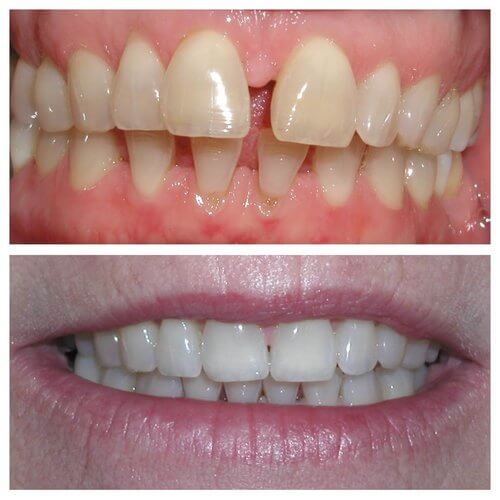
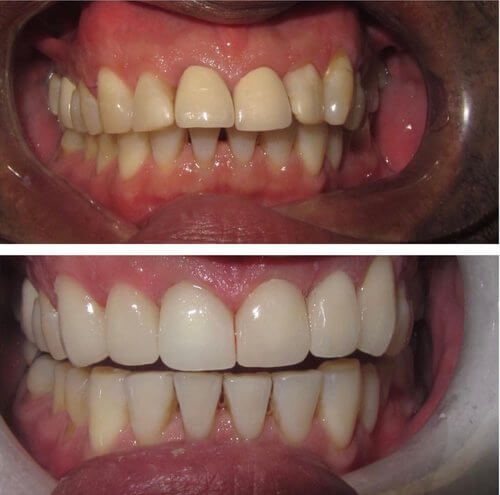
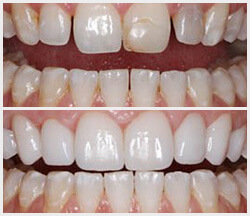
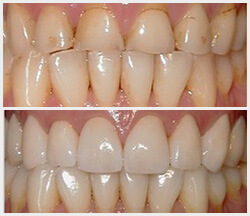
Put your best face forward.
Create a positive change to your teeth and your smile.
